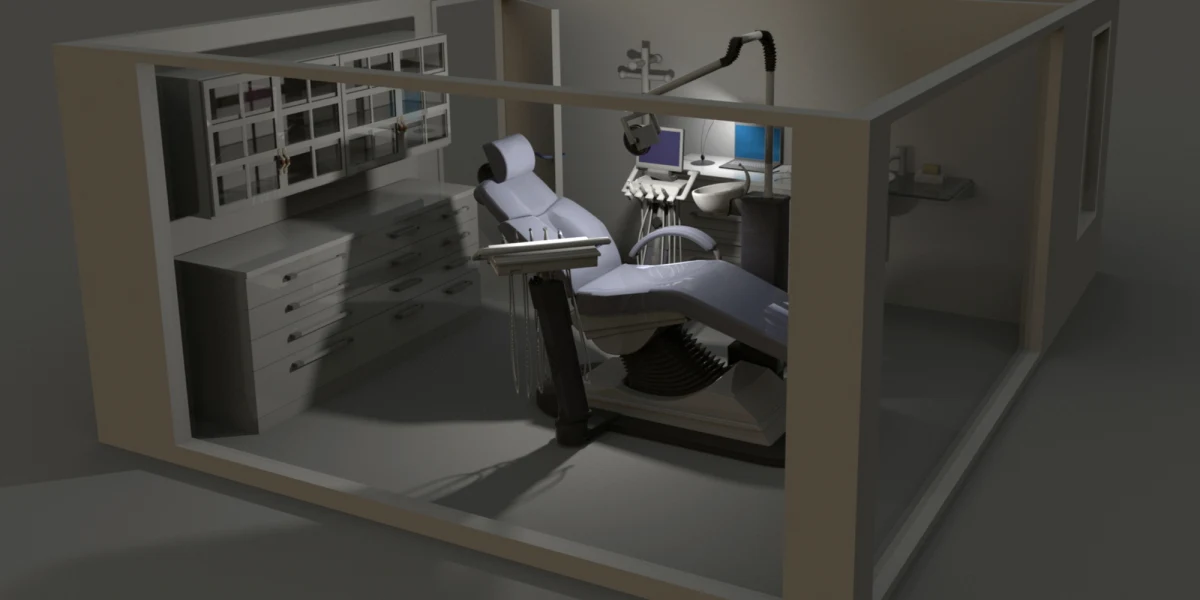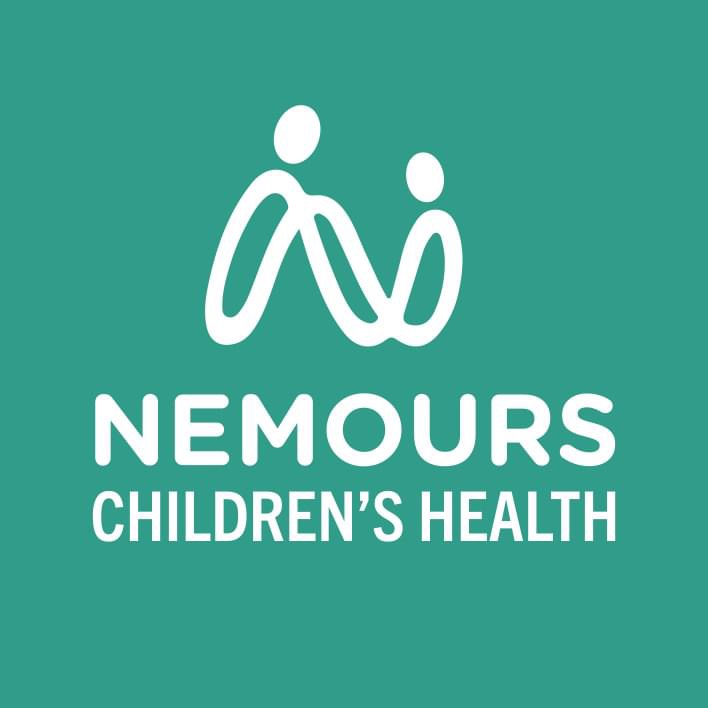I don't currently practice sedation and I'm not trying to advocate for it to be practiced by hospitalists.
However this has, in fact, already creeped into other specialties. PICU already administers routinely administers deep sedation for non-emergent proceedures. Anyone who thinks that they have extensive airway experience hasn't been in a PICU lately. Even unopposed by fellows (which none of them are) how often to they really need to do airways outside of those sedation days? Its not going to get better as the procedures move to hospitalists, and there are definitely hospitalists who are providing sedation now.
So it seems like the answer to my question is that currently there is no middle ground for training physicians in moderate or deep sedation between a full fellowship (which may or may not actually provide appropriate training) and a 2 day course. I have found a few courses aimed specifically at dentists providing parenteral sedation that are 2 or 3 weeks long (spread over 3 months), that seems to be about as good as it gets and you can't even take those courses if you can't actually do the dental work in addition to the sedation.
There is probably a lot of lives that could be saved, and also a lot of money to be made, if someone could set up an 8 or 10 week course for practicing hospitalists to learn sedation and airway management and actually set some kind of standard in terms of patients seen prior to certification. Again, not perfect, but definitely better than the way this seems to be heading now.
Our PICU intubates kids fairly routinely. Are they amazing at it? No. Are they better than the ED? Yes. I'd put them 3rd behind anesthesiology/ENT as far as who I'd want intubating kids. They also have a fair amount of experience sedating kids on ventilators, etc. I think they part they struggle with is the sick, non-intubated kids.
I don't really know what to tell you. Our peds sedation service is run by the peds anesthesiologists. We have NPs that direct moderate and light sedations, so a pediatrician should be able to handle that. We're involved for deep sedation/general anesthesia and obviously for failed lower levels of sedation. It seems to work pretty well, but I believe the department gets a stipend from the hospital because it's not a money maker.
I think the trick is to be very clear with expectations. You have to know the sedation continuum front to back. Limit yourself to light and moderate sedations. As someone else mentioned, you have to be prepared for one level of anesthesia deeper than what you're planning for. So if you're planning a deep sedation, you have to be prepared to manage a general anesthetic, and that's obviously out.
Try to figure out which kids are safe to sedate and which ones aren't. This can be tricky, even for experienced anesthesiologists. If in doubt, ask someone smarter than you.
Have very clear guidelines for what drugs you can use and acceptable dosage ranges. If you stick to nitrous, dexmedetomidine, and benzos/ketamine in reasonable doses, there's only so much damage you can do.
Know what the backup plan is if the sedation fails, and know when and who to call for help if you run into trouble.
Try to practice effective bag valve mask ventilation. That will save more lives than anything else. Practice some LMA placements. Trying to get good with intubations with limited opportunities is useless, and will probably only give you false confidence that you can bail yourself out of a sticky situation.
Best of luck to you.







